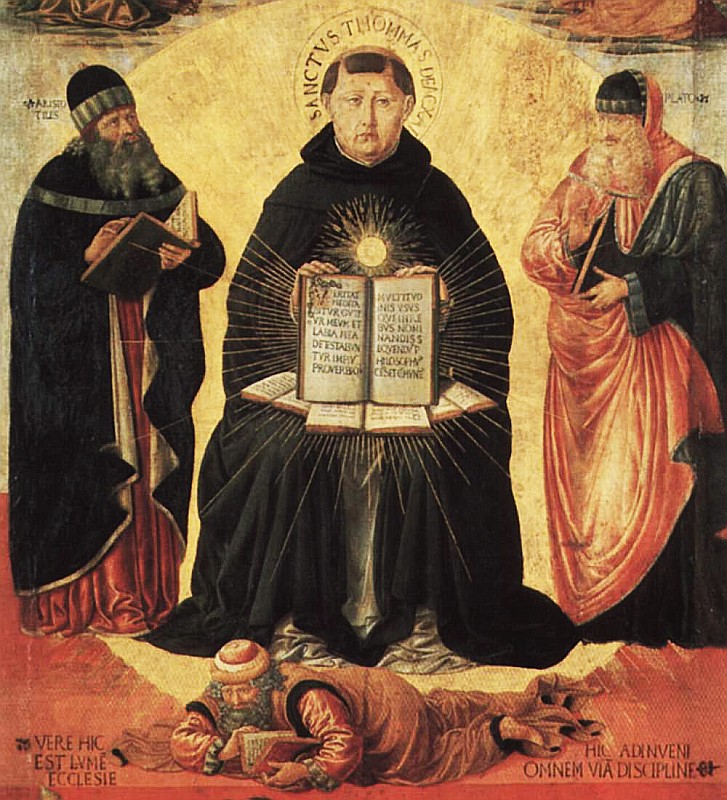The doctor from whom this prescription can be obtained is none other than the ancient Greek philosopher Aristotle, who (along with Plato) is considered to be one of the founding fathers of virtue ethics. His text Nicomachean Ethics studies virtue in general as well as expounding upon particular virtues.
What is Virtue?
In the second book of NE, Aristotle states that virtue is, "the habit or trained faculty that makes a man good and makes him perform his function well."
This definition may raise more questions, such as: 1) what is a trained faculty? 2) what makes a man good? 3) and what is his function?
1) Habits or trained faculties are qualities of the soul, "in respect of which we are well or ill regulated or disposed in the manner of our affections." For example, if Thomas is ill-regulated in regards to the affection of anger, then he could become too violent (excess anger) or perhaps too docile (deficient anger).
2) Man's good is in obtaining his final end, happiness. For his happiness is, "the most desirable thing in the world...something final and self-sufficing, and is the end of all that man does." Now, happiness here is not strictly some subjective psychological state, but rather the proper and excellent exercise of the vital faculties of man. These vital faculties are rooted in the nature of man. For example, Thomas's happiness from the use of the digestive faculty is via food, and not poison. Much more to be said on this in future posts.
3) Man shares functions such as nutrition and growth with plants and sense with animals. To Aristotle, a distinguishing feature of man from the cattle is the rational nature of man. The function of man, then, is to exercise his faculties with and in obedience to reason. Again, "Man's function then being, as we say, a kind of life-that is to say, exercise of his faculties and action of various kinds with reason-the good man's function is to do this well and nobly."
In short (and with less technical jargon) a virtue is a habitual disposition to do good.
What are some Virtues?
From NE, virtues include: courage, temperance, liberality, magnificence, high-mindedness, gentleness, agreeableness, truthfulness, wittiness, justice, prudence, and wisdom.
In contrast, a classic Christian list of the virtues includes prudence, justice, temperance, fortitude, faith, hope, and charity.
Hopefully some of these sound familiar to you.
How can I be Virtuous?
A single act of courage or charity does not make a virtuous Thomas. He must foster and develop virtue, such that courage and charity is a deliberate and habitual way of life. Aristotle says this:
A man may do something grammatical by chance, or at the prompting of another person: he will not be grammatical till he not only does something grammatical, but also does it grammatically i.e., in virtue of his own knowledge of grammar... In the case of the virtues, a man is not said to act justly or temperately if what he does merely be of a certain sort- he must also be in a certain state of mind when he does it; first of all, he must know what he is doing; secondly he must choose it, and choose it for itself; and, thirdly his act must be the expression of a formed and stable character.At every opportunity, tell the truth to your co-workers, friends, and family. Drink and eat in moderation for months on end. Aim for justice, give others what they are due. This is Dr. Aristotle's prescription to these messed up times.







